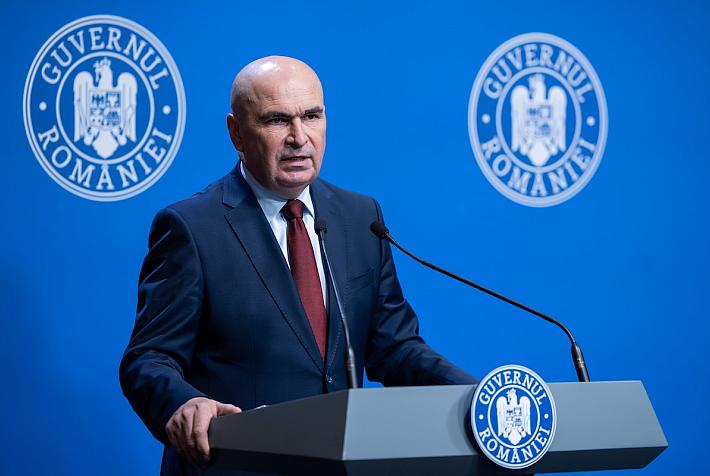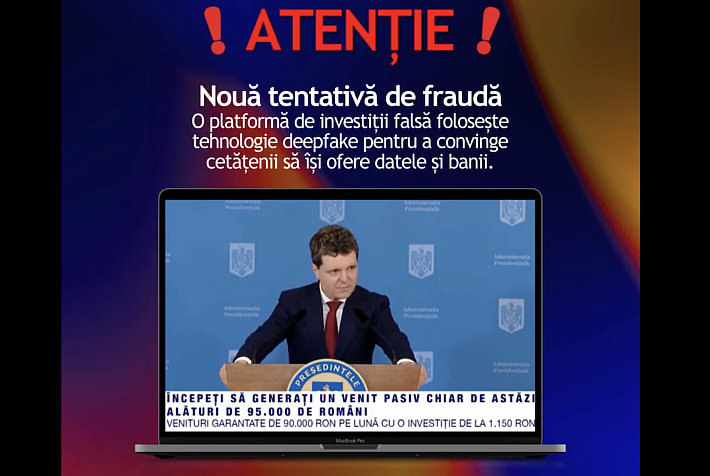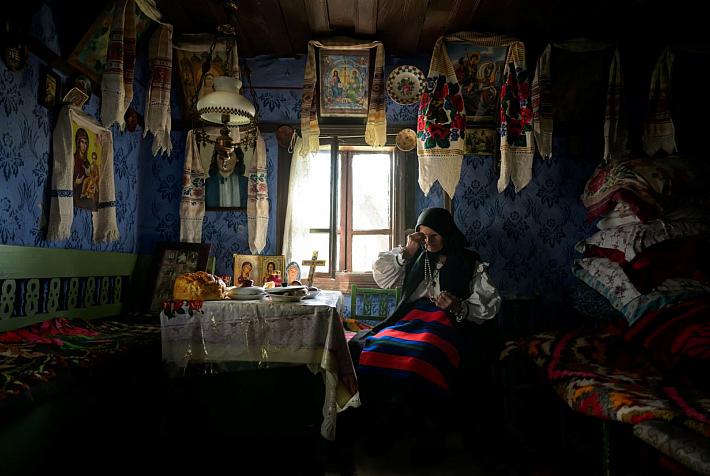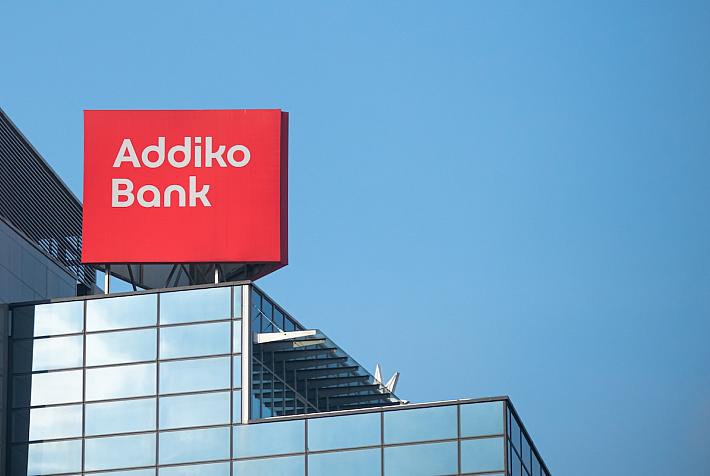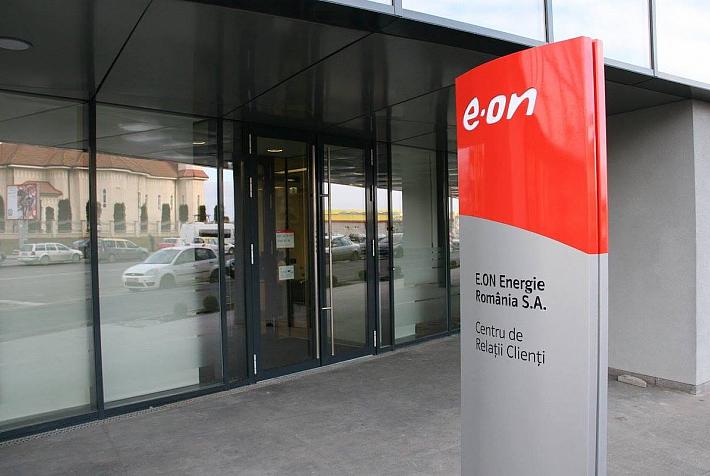Deal in sight at EU budget summit after all night talks

 After debating fiercely all night, the leaders of the EU's member states appear to be approaching agreement on the first ever cut in the seven year budget. The process was likened to haggling in a bazaar by some at the meeting in Brussels and essentially all the arguing and obstinacy has been about the spending limit in the EU's Multiannual Financial Framework for 2014 – 2020. Sources at the meeting say that a deal is likely today (February 8 ).
After debating fiercely all night, the leaders of the EU's member states appear to be approaching agreement on the first ever cut in the seven year budget. The process was likened to haggling in a bazaar by some at the meeting in Brussels and essentially all the arguing and obstinacy has been about the spending limit in the EU's Multiannual Financial Framework for 2014 – 2020. Sources at the meeting say that a deal is likely today (February 8 ).
Just before 05:30 local time the 27 EU leaders entered the council chamber to discuss European Council President Herman Van Rompuy's (in picture, right) latest plan. There are two key figures that the leaders will quote – the higher commitment limit and the the lower spending limit. Van Rompuy's latest proposal is to cut the higher commitment limit from EUR 993.6 billion to EUR 960 billion for 2014-20, while the spending limit would drop from EUR 942.8 billion to EUR 908.4 billion.
The main axis of divide has been between the UK and some other Northern European countries and France and Italy, along with many Southern and Eastern European countries. The UK has pushed hard for the biggest cuts possible. Arriving at the meeting yesterday (February 7 ), UK Prime Minister David Cameron (in picture, left) said the figures “need to come down - and if they don't... there won't be a deal.” All 27 leaders must agree the budget and each is empowered to veto the deal. Germany's Angela Merkel appears to have been attempting to bridge the gap between France and Britain. Ahead of the meeting she reportedly agreed a budget some EUR 12 billion higher than Van Rompuy's latest “working agreement” with French President Francois Hollande. Italy's PM Mario Monti said he refused to let the UK dictate the final agreement. President Hollande also talked tough ahead of the meeting, vowing to protect the Common Agricultural Policy. The latest news in France suggests that the proposed agriculture budget is some EUR 1.25 billion higher than the figure mentioned at the last meeting in November 2012.
The crux of “the cutters” argument is that the EU's spending should reflect that of the member states, which have been implementing austerity measures in recent years. Meanwhile, “the spenders” warn against harming growth and development across the EU by cutting back spending severely. With the higher and lower limit figures, the slight upping in the agriculture budget and other cuts and rises, there are plenty of numbers for both sides in the argument to quote and claim victory.
After EU leaders reach a deal, the MEPs in European Parliament must then approve the budget.
Liam Lever, liam@romania-insider.com
photo source: europa.eu






